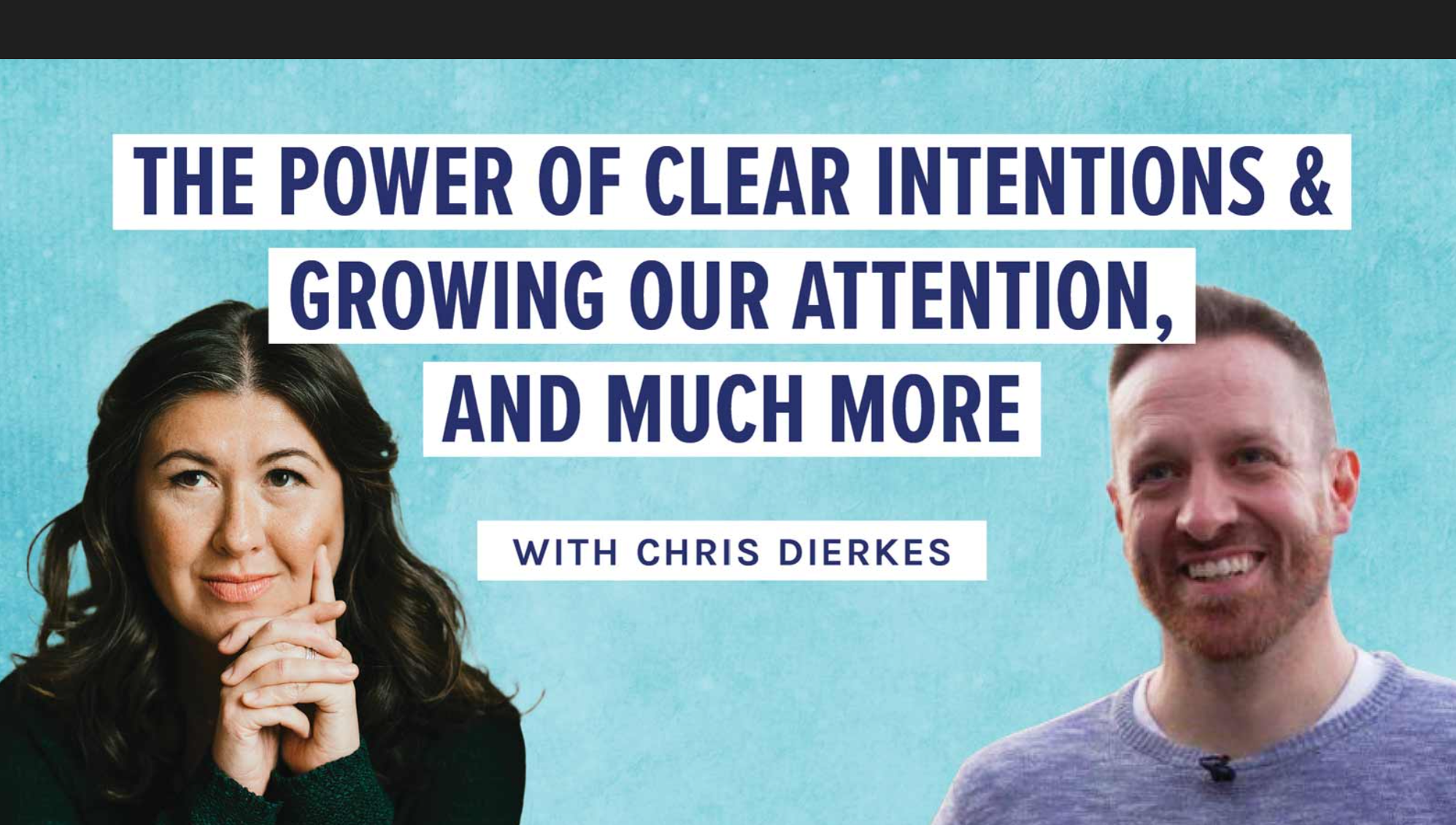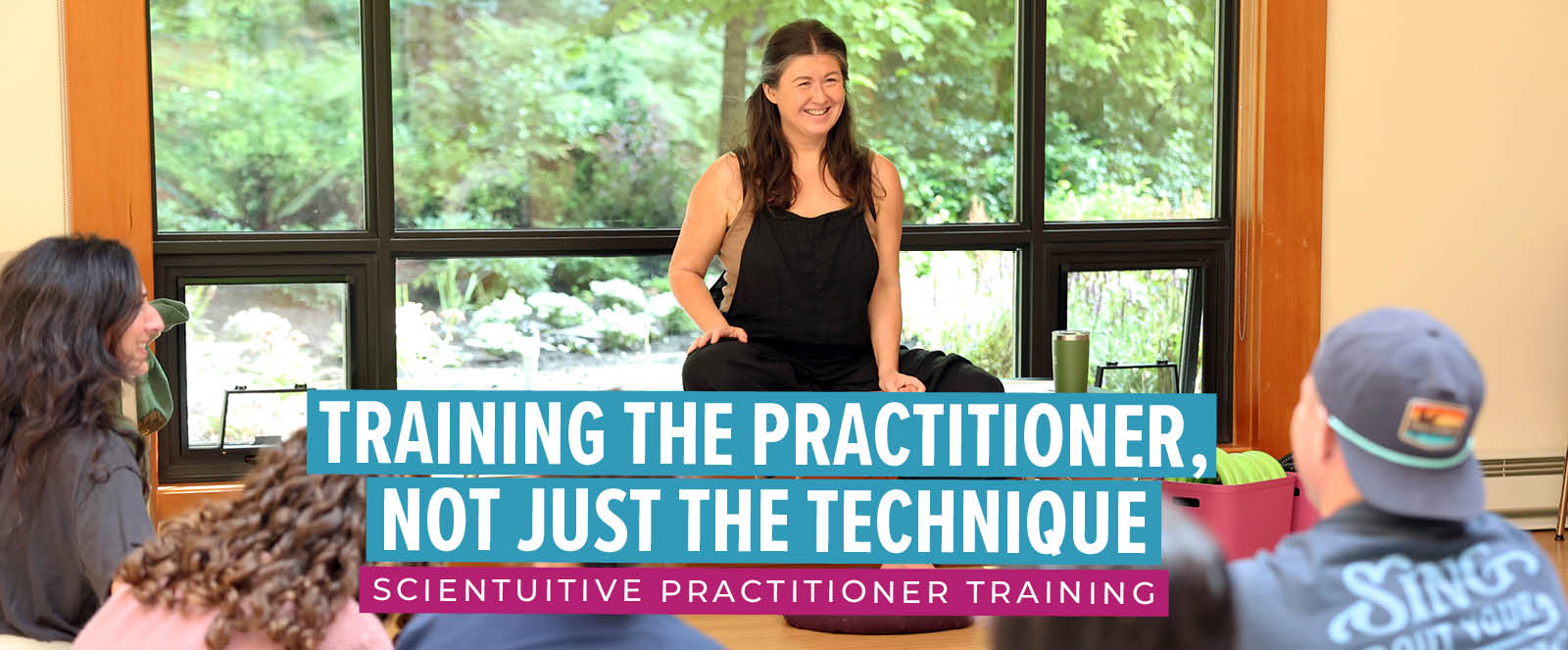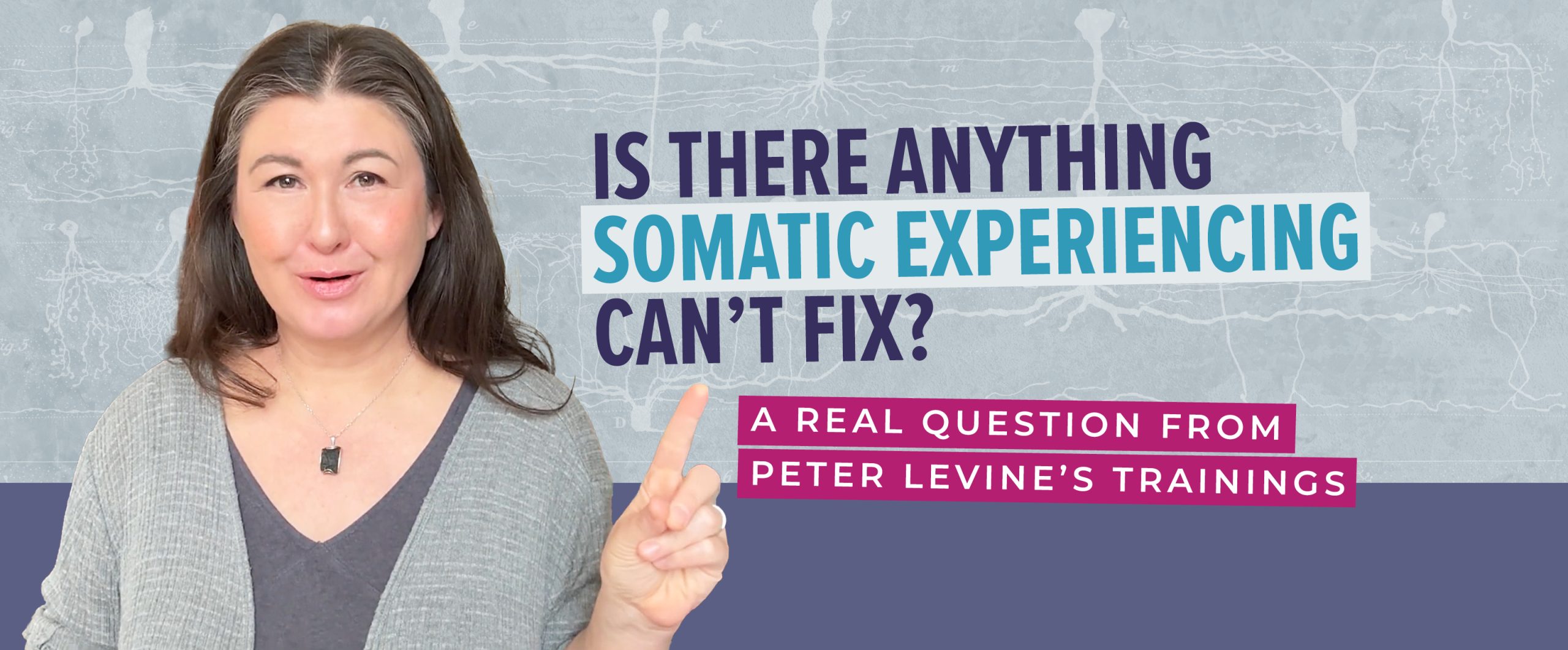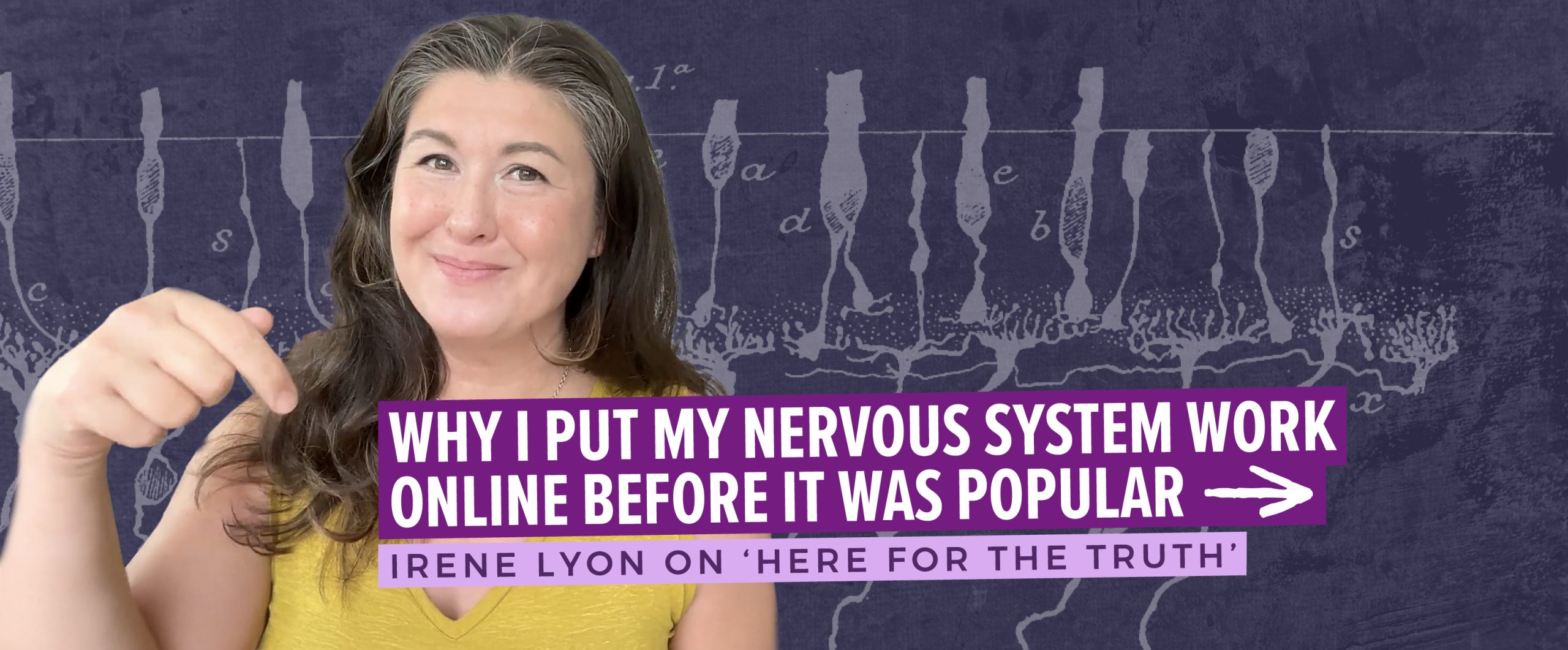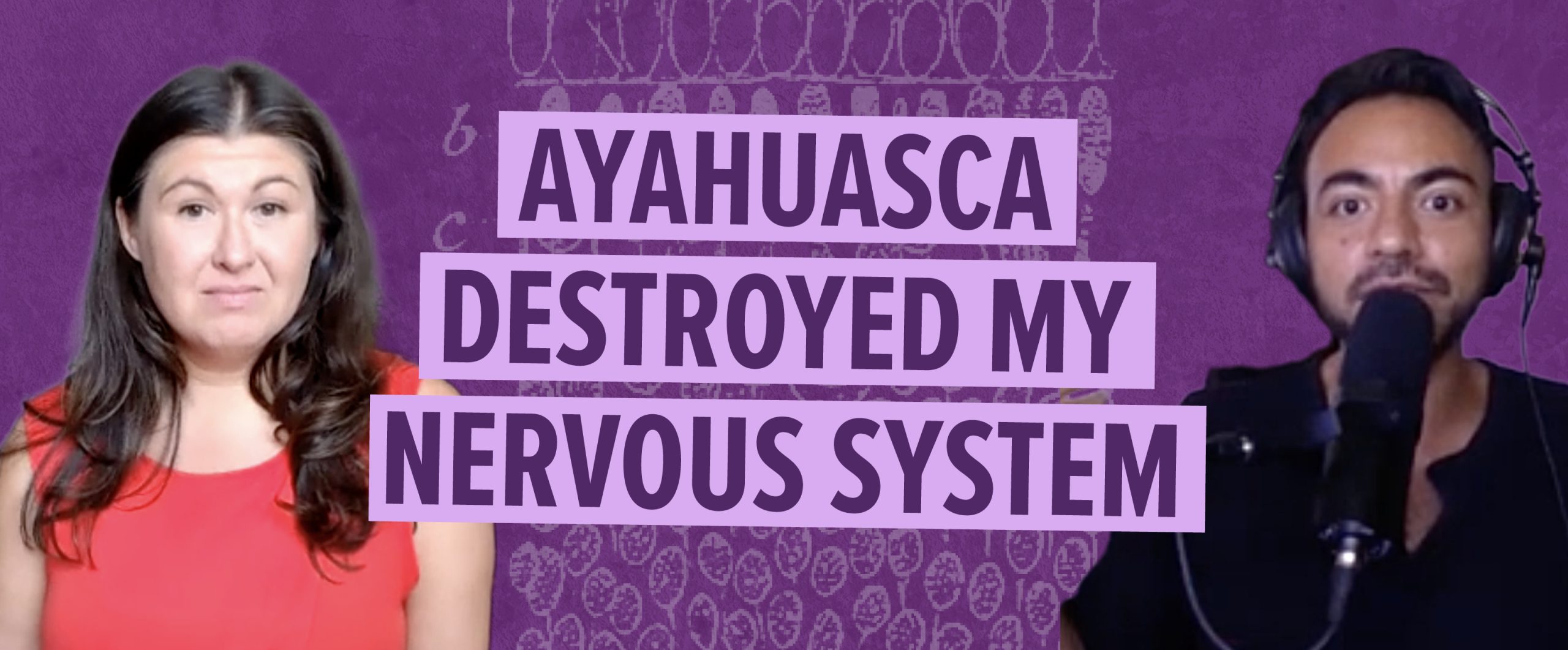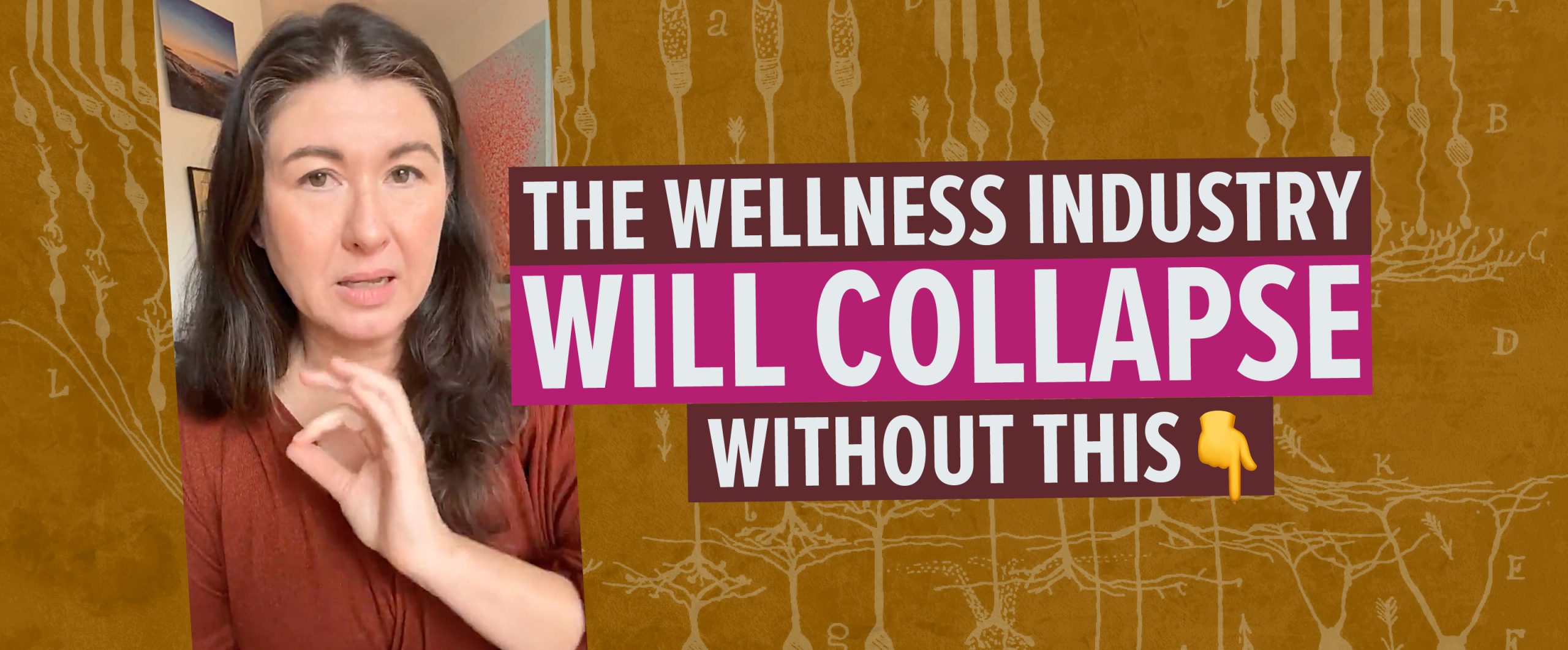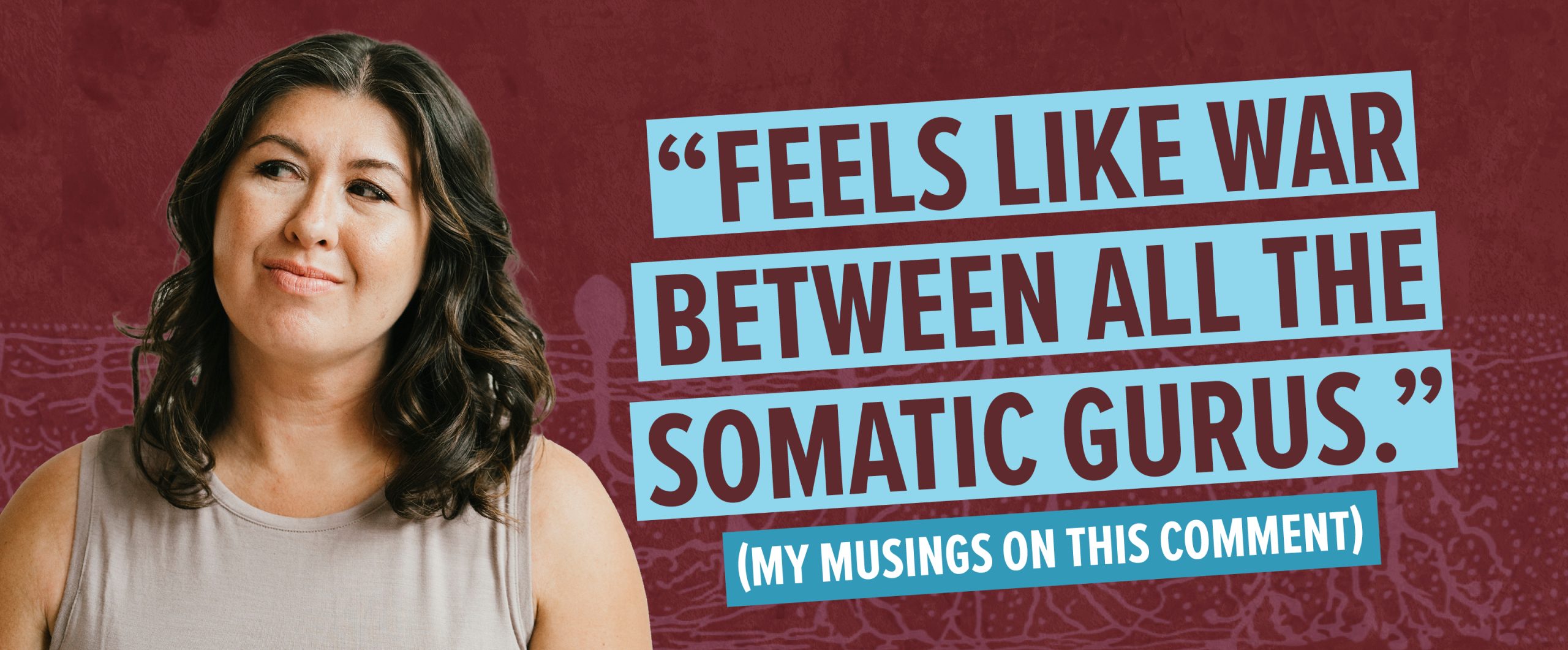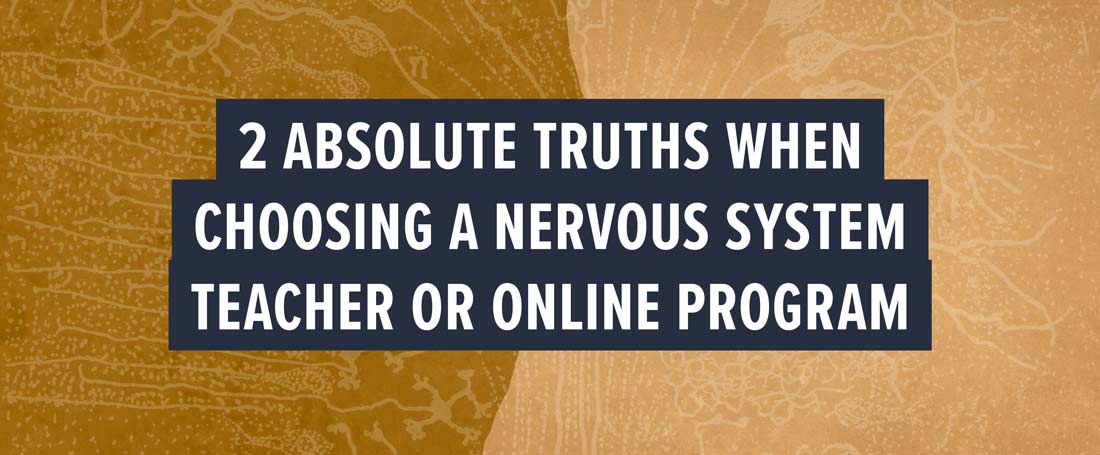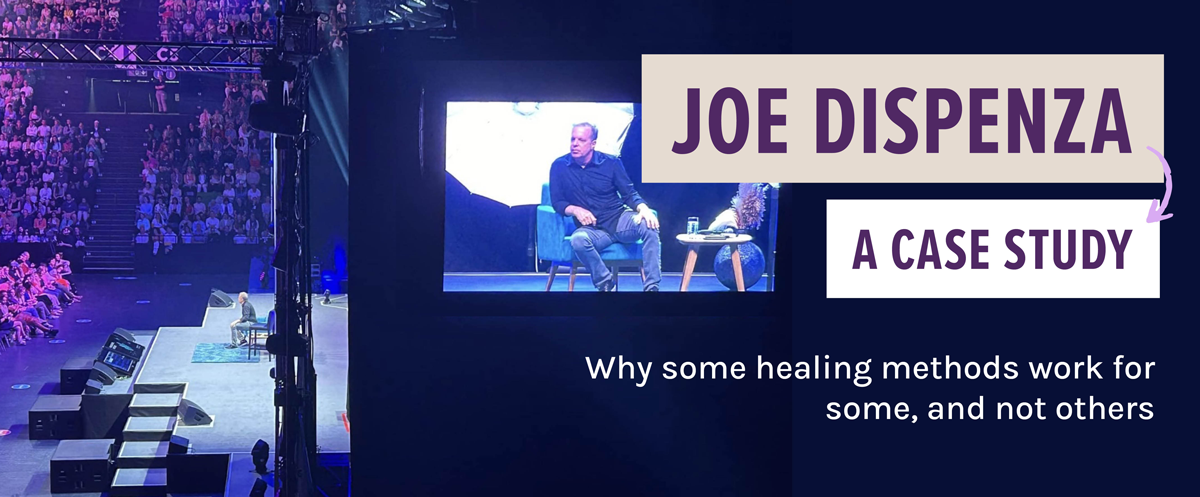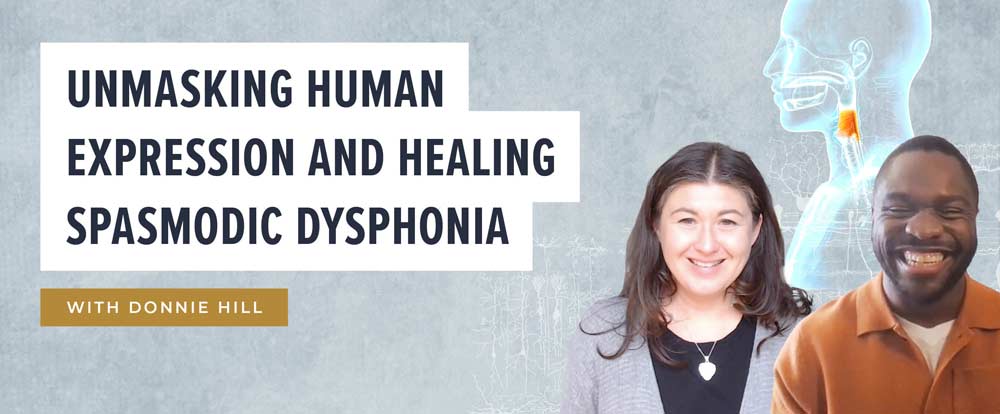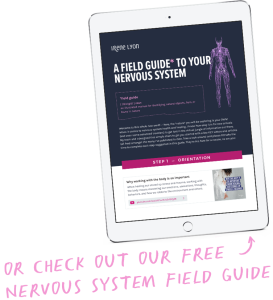Two of the most important elements when it comes to somatically-based therapeutic practices (my expertise and specialty!) is learning how to cultivate the power of intention and attention.
For the work I teach my students:
- Intention is important for directing our awareness for self-healing, whereas,
- Attention is important so we can notice what happens when we use the power of our intention.
For example, in my twelve week curriculum called SmartBody SmartMind (SBSM), a simple and powerful practical lesson is called, ‘joints.’ In this lesson, the intention is to hold a joint of the body (we use the wrist) with care and connection, and to simply listen and sense it. Just this alone, in the way the lesson is introduced and taught, can bring profound shifts to the nervous system. Then one uses their attention to notice the shifts, which can be vast (relaxation, sadness, joy, grief, fatigue, etc.).
It can go the other way, for example…
The desire to help a person struggling to get through the door at the grocery store happens because our attention is focused on the environment around us. We see a person in need and this ‘tickles’ our empathy centres to help because we know we’d want help in a situation like this, so we act with our intention; we shift to emit the quality of safety and a curious connection that might go something like, “can I help you with that?” (All with a soft smile, typically.)
I outline these two examples because when we can consciously work with it, improve it, and master both our attention and intention, it moves the (health and healing) needle forward a bit. It improves ourselves and the world around us.
Today, I have a new interview for you with a return guest expert, Chris Dierkes, and we dive into these topics of intention and attention, and a lot more.
* * *
Extra Resources to Complement the Vlog:
VIDEO INTERVIEW: Meditation & Mindfulness 101
VIDEO INTERVIEW: Healing a hurt soul & finding sovereignty
VIDEO INTERVIEW: Healing wisdom for a new world
PODCAST: Joe Rogan episode #1768 mentioned by Irene with researcher Dr. Robert Epstein can be found here: https://open.spotify.com/

